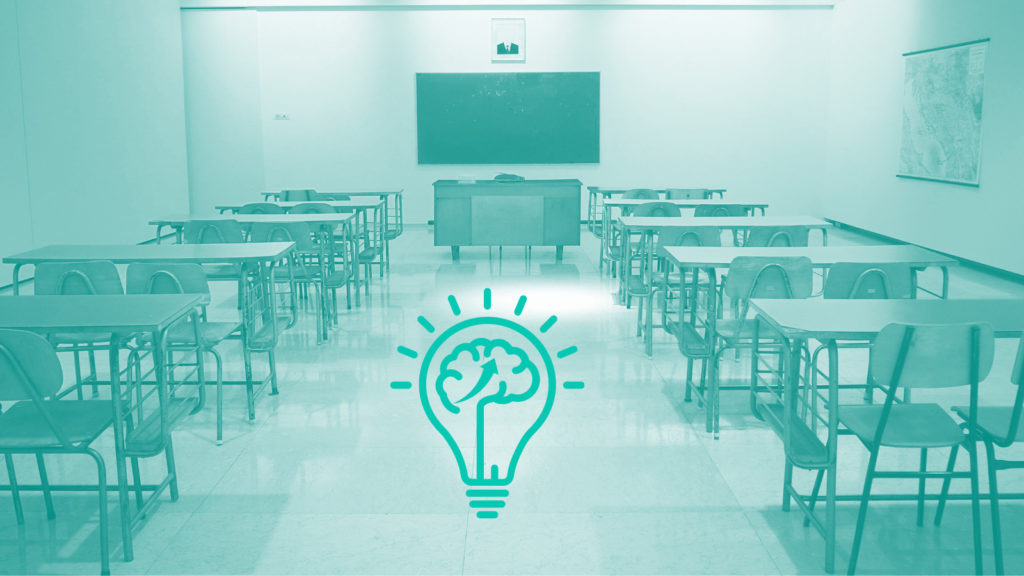You may have heard the terms fixed mindset and growth mindset before, but do you know how they can help you prepare for your exams?
First of all…
What is a growth mindset?
A growth mindset is almost like a belief, a belief in yourself that you can improve.
You are open to:
- Challenges and what failure can do to help you.
- Have the ability to affect yourself.
That last sentence is very important – you have the ability to affect yourself!
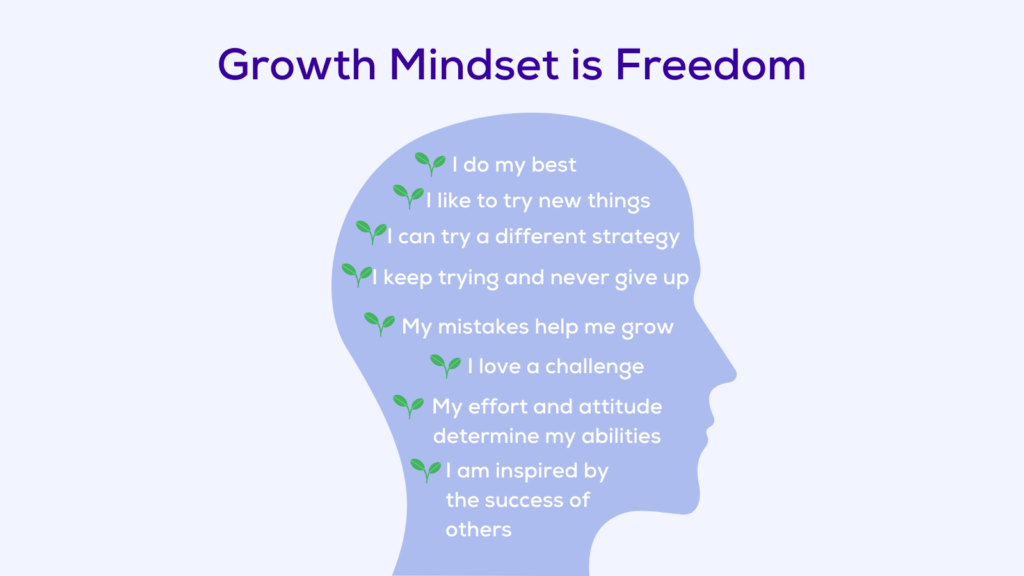
This means that your own belief in yourself can directly impact your learning journey. To see difficulty as an interesting challenge is having a growth mindset and can really aid with exam stress.
What is a fixed mindset?
You have been working hard in class, you’ve listened, done your homework, revised for practice tests but you are still getting the same grade. Do you want a better grade but it’s not happening?
You have closed your mind when you state to yourself:
- That it’s not happening, you have a fixed mindset.
- You think this is the way things are going to remain.
- You’ve gone even further, you now hate this subject, should never have chosen it.
- You knew it was going to be too difficult.
Let’s not lie, we’ve all been there with these thought processes.
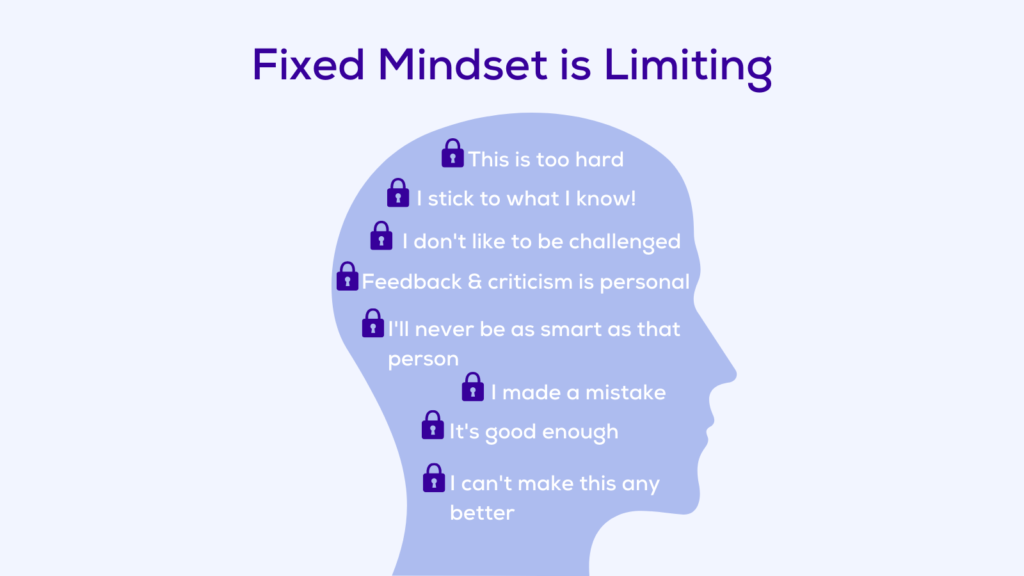
It’s sometimes easier to close things off that you are struggling with because you no longer have to give it your attention, you’ve taken the route of defeat and will remain in that mode. This is a fixed mindset.
How can we change a fixed mindset into a growth mindset?
You’ve got the same grade in Maths, for example. All of that hard work is not paying off and you wish you didn’t have to do this subject.
Change your thought process to : it’s not paying off.. yet!
By instantly the added word yet this gives you hope. Think instead how you can work differently
For example. Adopting new learning theories such as Sticky Learning, which be used to pave a new way of learning. In a nutshell, sticky learning means that children can actually remember, long term. We adopt this theory method here at SchoolOnline by using two key sticky learning strategies – Retrieval Practice and Micro Learning. Now you are getting yourself a growth mindset.
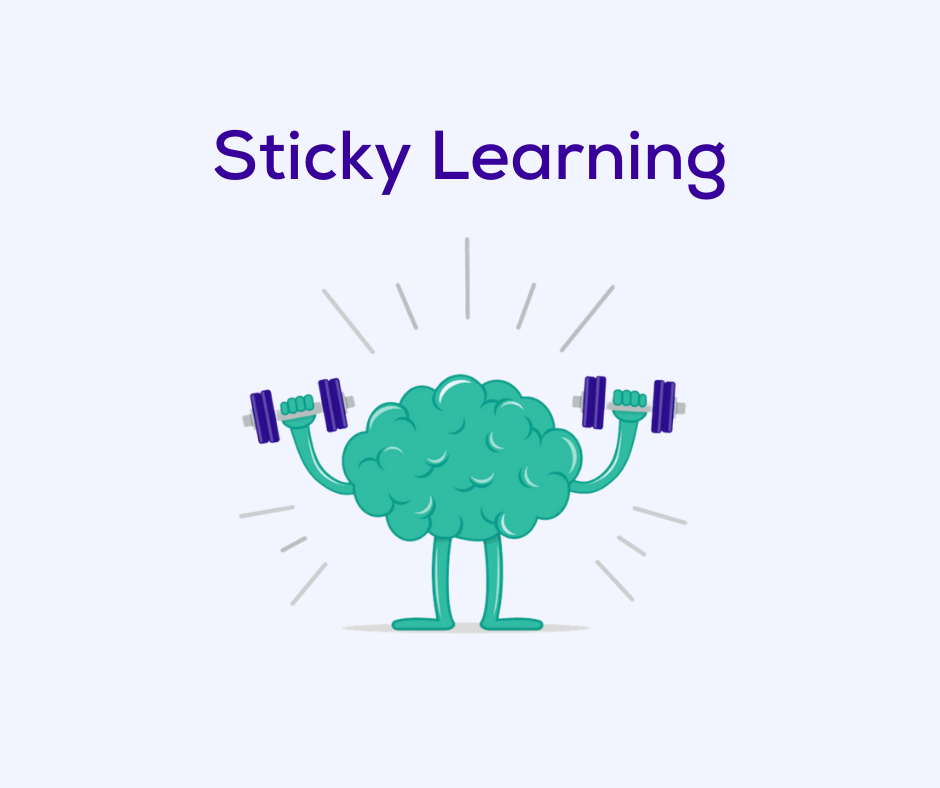
How to improve?
Firstly, having a growth mindset is the start of a long journey to improvement and exam confidence. If you didn’t have this mindset then your road would end in a blockade. The growth mindset journey takes you on the road trip you’ve always wanted to go on!
If your grades are not improving yet, here is what you need to do:
- Go back over your revision notes and past papers.
- Focus on where you lost the most marks, or questions that you missed completely.
Do your revision notes focus on subject areas where you are already knowledge confident? If so, ask yourself, are you focusing on what you already know because it makes you feel that you understand the subject? Whilst it may make you feel more comfortable, it is not challenging you.
Understanding your weaknesses will help with exam preparation. These weaker areas may be in making your revision notes, not answering questions or avoiding certain subjects or topics to study. Noting these will give you answers to why you are not succeeding.
A growth mindset will look at the areas already mastered and think “this gives me no new learning opportunities and will not help me develop”. You therefore need to understand what you have not yet mastered in order to further develop and find new learning opportunities.
What to do next?
- Highlight all your problematic subject areas!
- Go through your books and focus on the topics that you do not understand.
- Make a note of specific topic areas that confuse you.
- Once you have a list of topic areas to focus on to help, you can start succeeding in these subjects.
- Read what you can around each point – do additional research.
- Remember what your teacher has advised to focus on, so you know what to expect in your exams.
- Cross reference your lists with resources provided by your teacher.
- If you’re unsure about cross referencing, show your list to your teacher and ask them to highlight which areas you should be focusing on.
Our platform has been designed to convert and transform knowledge into exam success in English and Maths. Our highly engaging expert tutorial videos, explain exactly how an answer should be obtained and provides you with tips to reach top marks. These tips are provided to you directly through the videos by our panel consisting of some of the nation’s top examiners, so you know that you are being guided with expert help.
We are focused on a pyramid model, where the knowledge has already been delivered by the expertise of the teacher and we then support students with their understanding of how to apply that knowledge into content that will be useful when it comes to sitting their exams. Subscribe now!
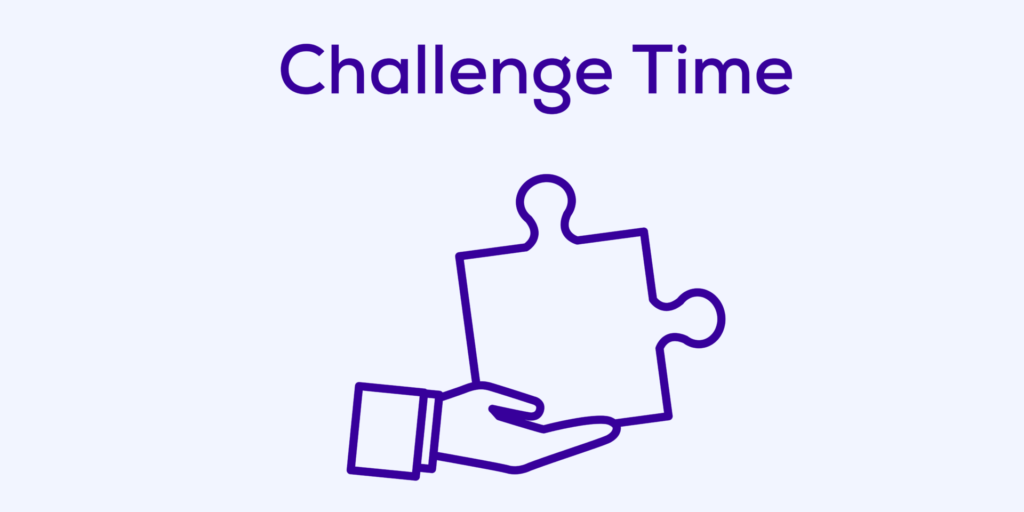
Set yourself a challenge
Create yourself a “logbook of mistakes”.
When going through your revision notes, exercise book or past papers, write down your mistakes in your logbook. Next to your mistake write down why it was useful that you made that mistake. Then write down what it is that you learnt from making that mistake.
Logbook Example:
- What was the mistake: I didn’t discuss the point I had made, so I lost marks. I just listed three points.
- Why was it a useful mistake to make: It was only a practice question, so it has taught me what to do differently in the real exam.
- What did I learn from my mistake: I now know to properly read the question and look for words like “discuss your point”.
This may appear to be focusing on what went wrong, but to have a growth mindset is to acknowledge our mistakes and understand them to form the basis for improvement. Allowing yourself a growth mindset will help you learn from your mistakes and ultimately improve your knowledge base. This is why doing assessments over and over again helps you to improve, to understand what you are doing wrong and importantly, how to then correct the errors.
With our platform, you have access to bitesize expert examiner tutorial videos, past papers, tips and skills at the push of a button. 24 hours a day, 7 days a week. We even provide instant feedback and personalised learning! By using SchoolOnline you can transform your confidence and your growth mindset!
The quicker you start to focus on your mistakes, why you made them and why making them has in fact been useful to help you learn from them, the more focused on learning with a growth mindset you will be!

Dear Parents
It’s never too late to change your mindset.
You may have been reading this article in the hope of helping your child excel in their exams and in the process you are now questioning your own mindset.
Can changing your own mindset have a positive impact on your child? The answer is yes! Changing your fixed mindset to a growth mindset could help your child with their exam confidence and exam preparation.
If you are helping your child and they are struggling on a certain topic, think of your actions and words. Do you use phrases such as “I was always bad at maths” or “it’s not your fault, it’s in your genes”? If so, we are nurturing the mistake as something to despair of. Instead, discuss with your child how they could work on the areas that they are struggling with, and admit if you found these difficult too and how you overcame that difficulty.
If you notice your child struggling, try not to go for the phrases “it’ll be ok” or “nevermind, you’re great at other things”. Why not try “it looks like that might be a little challenging” or “shall we try and work through that together?”. Talk about how you can see the focus and effort your child is putting into their work and discuss with them why they have chosen to revise certain topics.
Conclusion
Failure is not something to shy away from. If you fail, you are succeeding. Understanding where you fail or have made a mistake, and how you learn from the failure will set you on track to improving your personal and educational journey.
Mindset is something that can be changed. Believing that you have a fixed mindset will alter how you think about things. Growth mindset is associated with a brain signal that reflects conscious attention to errors and improved subsequence performance, which was proven in research by Jason Moser and his colleagues in 2011 at Michigan State University. This tells us that just thinking about your errors and paying attention to them can directly impact your future performance.
So go ahead, and make those errors. Focus on how you can grow from them and see how believing in your own growth mindset can impact your revision and learning. Remember, you can control your own learning. The more effort you put in, the better.
Challenge yourself. It’s really exciting to learn from your mistakes and become a stronger, more confident version of you!

